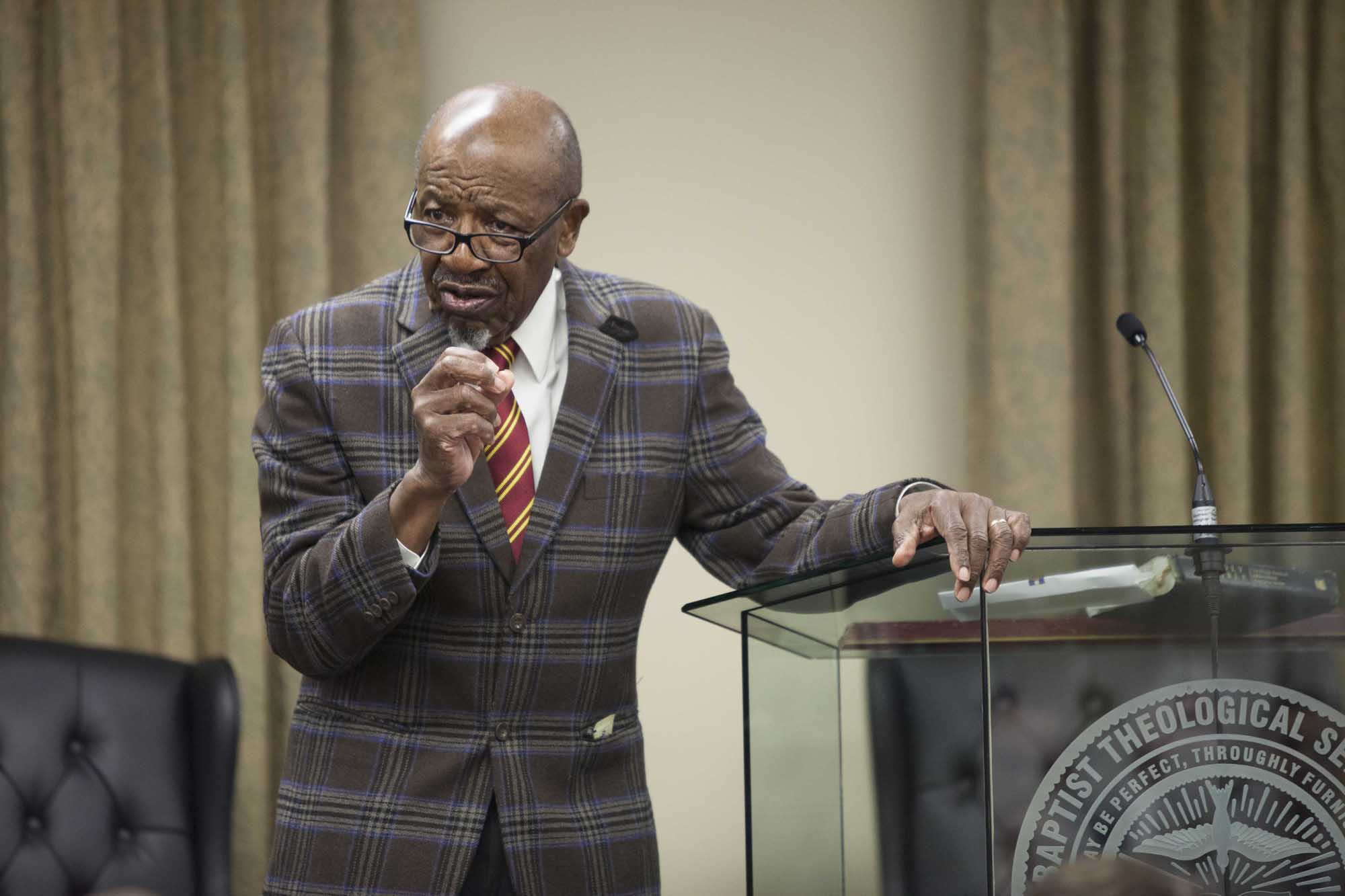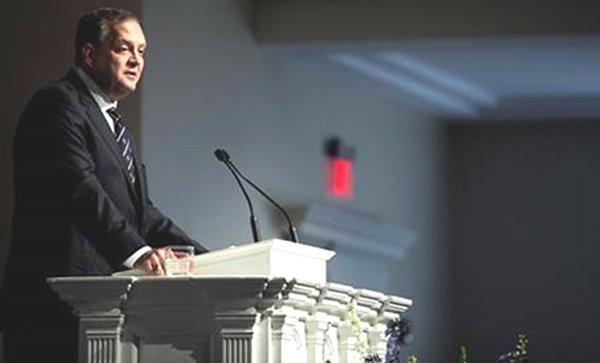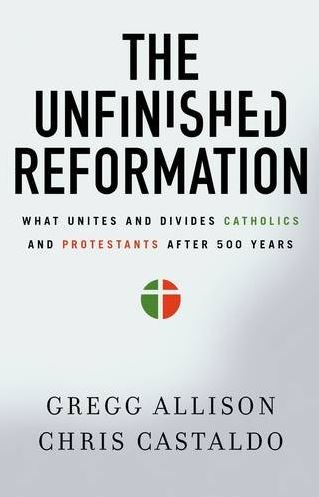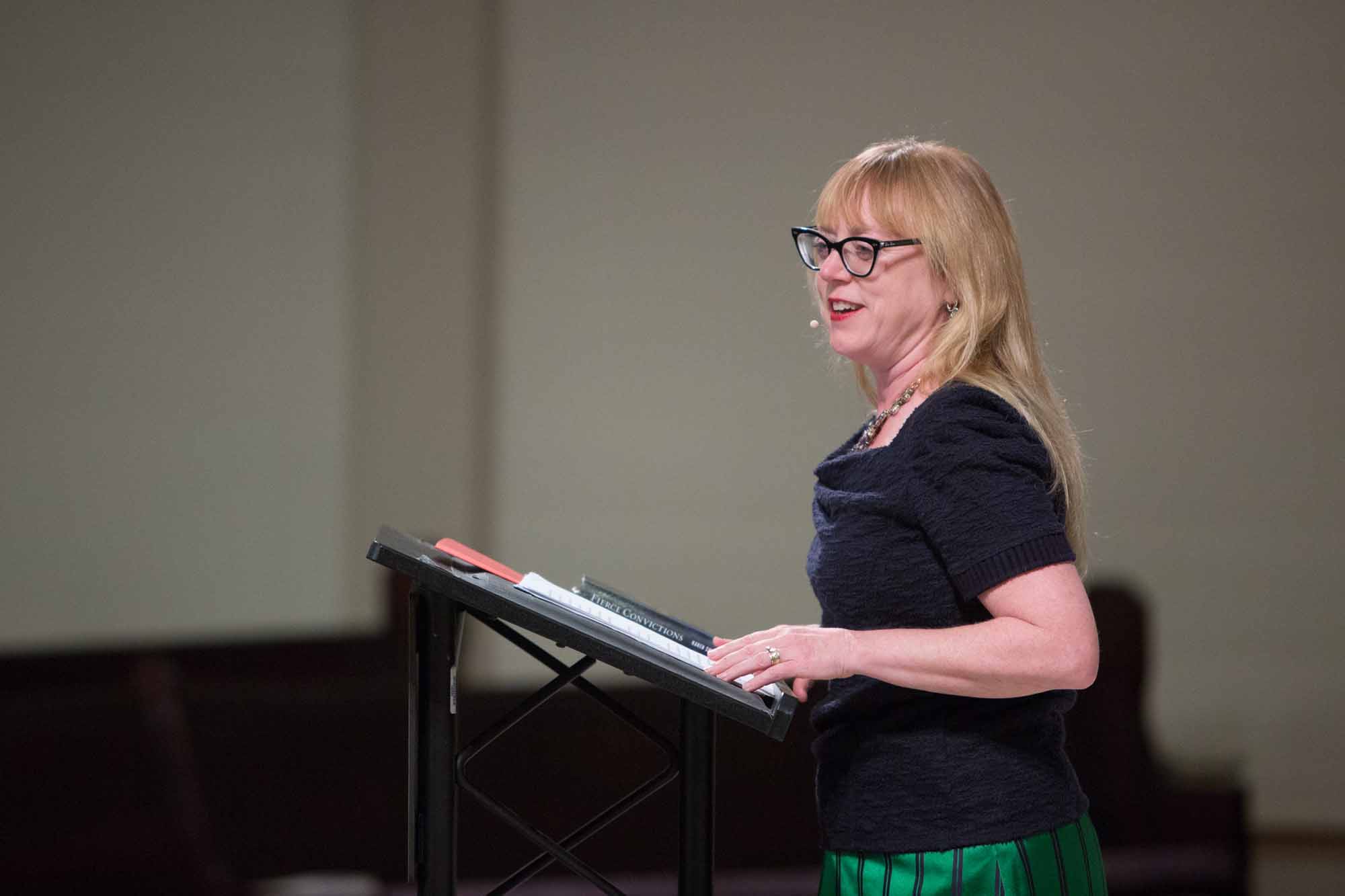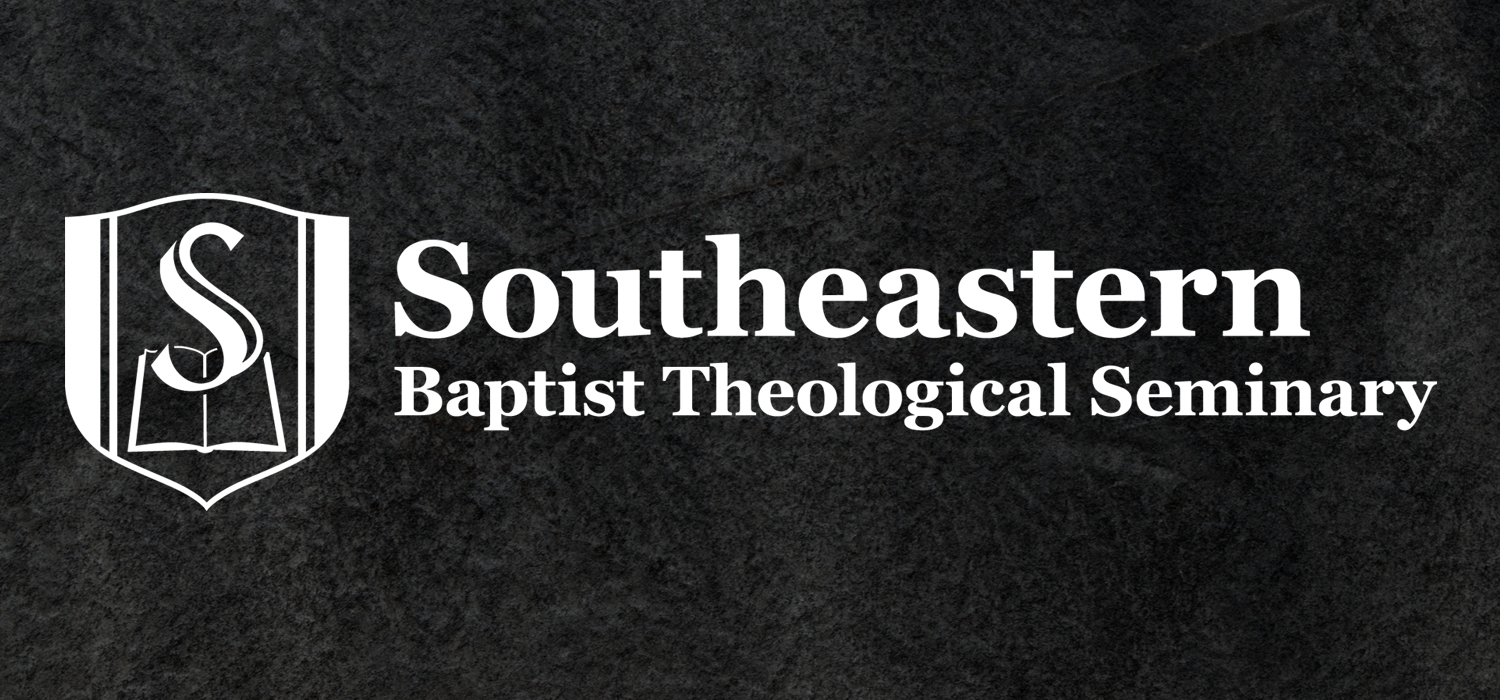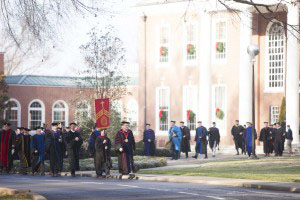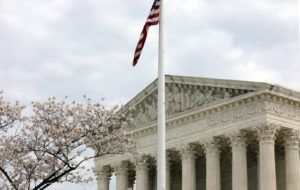
African American missions movement highlighted at SEBTS
By Lauren Pratt
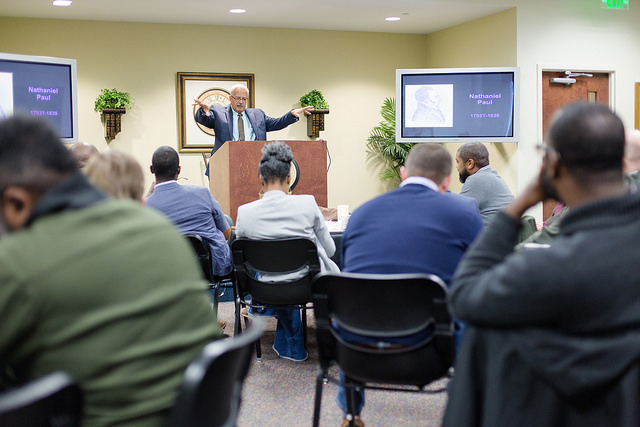 WAKE FOREST, N.C. (BP) — The history of the African American missions movement was the primary focus of Southeastern Baptist Theological Seminary’s fourth annual Black History Celebration Lunch.
WAKE FOREST, N.C. (BP) — The history of the African American missions movement was the primary focus of Southeastern Baptist Theological Seminary’s fourth annual Black History Celebration Lunch.
“If we only hear about a particular narrative of the American Christian story, our assumption is that God is only working amongst those people,” Walter Strickland, Southeastern’s associate vice president for its Kingdom Diversity Initiatives, said of the Feb. 2 program.
Carl Ellis Jr., the keynote speaker, noted that the African American missions movement was an underrepresented topic in his church history courses as a student. Ellis is assistant to the chancellor of Reformed Theological Seminary, senior fellow of the African American Leadership Initiative and professor of theology and culture.
As recounted by Ellis, African American believers in the north desired to know what their purpose was, growing out of a theology of empowerment involving identity, dignity and significance.
“They began to look in the Scriptures and see if anyone else was in that situation,” Ellis said.
Looking at the life of biblical champions like Joseph and Esther, Ellis noted that “our forefathers said that us being here must have divine and global significance. And they concluded that we are here so that we might carry the Gospel of Jesus Christ to the rest of the African diaspora and beyond.”
This realization from the Scriptures, Ellis said, was the beginning of the African American missions movement.
It was a spark that stirred many African American missionaries to spread the Gospel in Africa and the Caribbean, including people like Samuel Hopkins, who championed the importance of alleviating human suffering by taking others’ suffering on oneself, and George Liele, the first American missionary who went to Jamaica after being freed from slavery.
With the political tension and economic greed that grew from African colonization, Ellis said African American missionaries began being forced out of their work on the mission field because they became an economic conflict of interest to white colonialists.
However, with the emergence of the black evangelical movement, missions among African Americans was resurrected in the 1930s. Black candidates were being refused by missions agencies, which led to the creation of black sending agencies.
The Afro American Missionary Crusade, for example, was established in 1947 and the Carver International Missions agency was established in 1955.
The history of the African American missions movement is one that people need and want to hear, Ellis said, noting, “There [are] people all over the world who want to hear our story.”
With Matthew 24:14 speaking about the end coming after all nations have come to hear about Jesus Christ, Ellis said God redeems all things and “it might just be that African Americans might be the key to that happening.”
The Black History Celebration Lunch was hosted by the Southeastern’s Kingdom Diversity Initiatives and the L. Russ Bush Center for Faith and Culture.
Kingdom Diversity Initiatives, begun in the fall of 2013, promotes diversity through campus events and discussions centered on underrepresented populations and how the Gospel intersects with such issues in culture. The L. Russ Bush Center for Faith and Culture seeks to engage culture with a Christian worldview through events on campus and the Intersect Project, a Southeastern website funded by the Kern Family Foundation. For more information, visit kingdom diversity.sebts.edu and cfc.sebts.edu, respectively.
**********
Mohler holds first ‘Ask Anything’ apologetics campus event
Andrew J.W. Smith & Sarah Haywood
LOUISVILLE, Ky. (BP) — R. Albert Mohler Jr. answered questions about Christianity in the first stop in a new “Ask Anything” campus event.
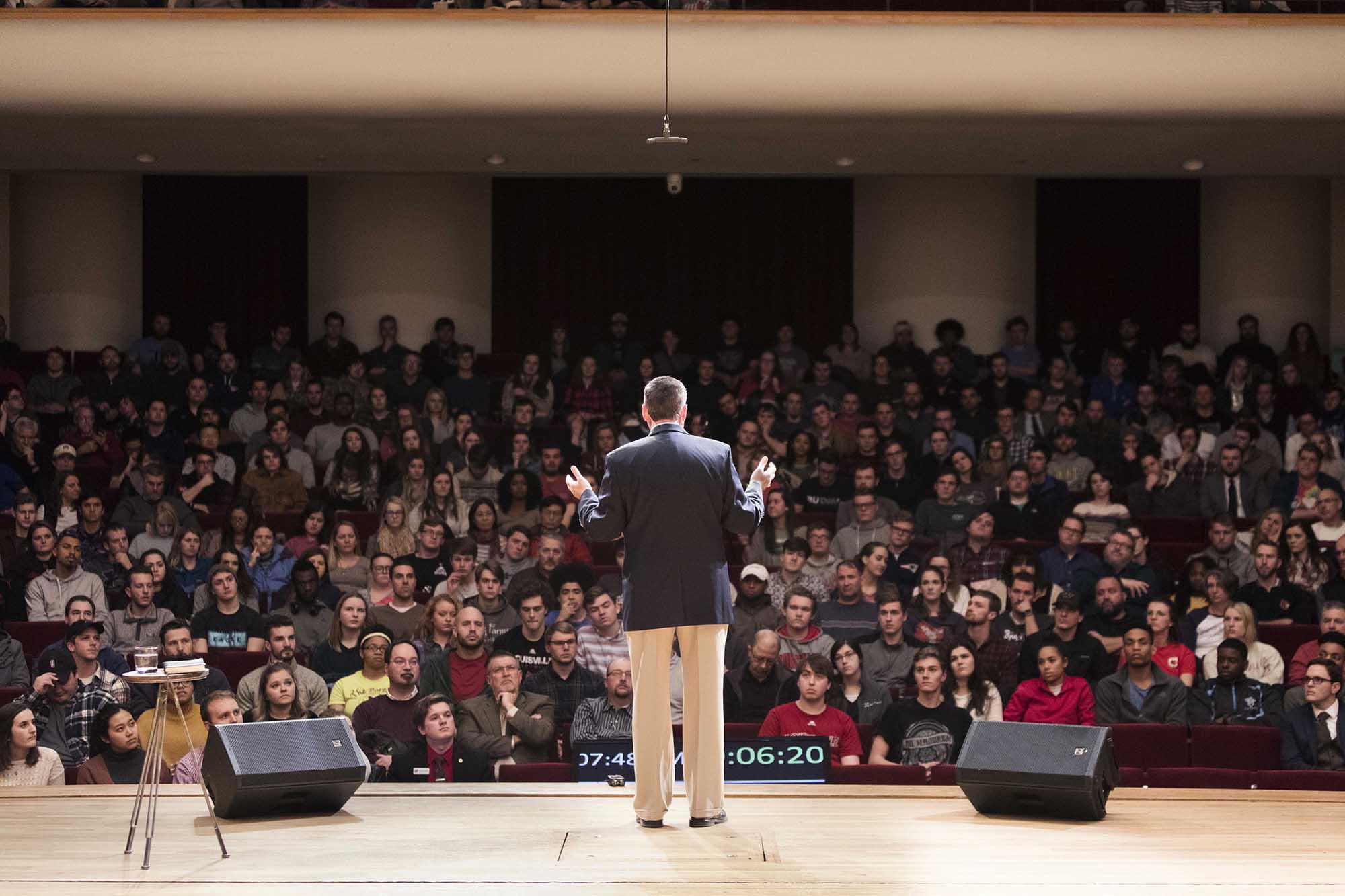 For 90 minutes, several hundred students from the University of Louisville asked questions of Mohler, president of Southern Baptist Theological Seminary, on Christian views of science, history, politics and theology during the open-microphone session.
For 90 minutes, several hundred students from the University of Louisville asked questions of Mohler, president of Southern Baptist Theological Seminary, on Christian views of science, history, politics and theology during the open-microphone session.
The event was a partnership between Southern Seminary and Ligonier Ministries, a nonprofit discipleship organization founded by the late R.C. Sproul, a noted defender of Christianity. Mohler’s Ask Anything sessions will seek to engage secular campuses in demonstrating that Christianity offers a logically consistent and existentially meaningful answer to the world’s most fundamental problems.
“I am here tonight because I believe the most plausible, the true and genuinely helpful answers to [our] questions come from biblical Christianity,” Mohler said. “Why are we here? What does it mean? Why is there something rather than nothing? I believe that it is biblical Christianity that answers those questions in the only way that is satisfying.”
“Biblical Christianity is the true and most plausible answer to what has gone wrong. And in terms of whether there’s any rescue — that’s the whole point of why Christianity gets its name from Christ. The only way out is that while we were sinners, Christ died for us.”
After addressing issues brought up by students, Mohler concluded with a Gospel presentation, arguing that every human being is made in God’s image but deeply broken by the fall of man, but that the God who created and judges is also the one who chooses to redeem through His Son Jesus Christ.
Below is a sampling of answers Mohler gave during the event:
How could a loving, all-powerful God allow evil in the world?
“There are basically two philosophical answers to the existence of evil. One is to say that evil is a something that is morally wrong. And the other is to say that evil is a nothing, that it’s the absence of good. In the Bible we find out that the answer is yes, that both arguments actually have a place. We understand that ultimately evil will not be an eternal reality. But we also learn that now it is.
“God decrees the things that He wills, and He doesn’t will evil. God ordains the circumstances of His decrees, and He allows evil for a purpose that will ultimately be a greater good than we can understand, a greater good than if evil never happened. I think there is a theological or moral intuition in us that calls for us to believe that that’s true, that no matter how horrible things are … there is a promise of true moral satisfaction. The fact is, if there is to be any moral satisfaction, it’s going to have to be because there is a God and He brings it about.”
Is Christianity compatible with macro-evolution?
“There is a classic evolutionary model, rooted in Darwinism. And then there’s biblical Christianity, and as even Darwin and others recognized in the 19th century, there really is a collision here. The collision is not over the mechanism of how anything happened. The first, most unknown question is: Why is there something rather than nothing? What is the explanation for everything?
“I believe that our meaning and our existence, the very nature of who we are as human beings, depends upon the biblical story being true — the fact that the cosmos is not an accident and is filled with purpose, that it was intended from the very beginning to be the place where He would create one single species in His image that would be distinct from all other species and that to human beings He would address Himself in a way that He doesn’t address Himself to any other material or creature and furthermore that the whole purpose of creation is that He could demonstrate Himself to be both creator and redeemer.
“I don’t seek to debunk individual arguments or evidences from evolution. Nor do I question the integrity of those who are making that argument. What we can’t [compromise] on is the fundamental nature of creation as God’s purpose and human beings as the only creature made in His glory. If we deny those two things, then we end up with nothing that can sustain biblical Christianity.”
Is Christianity historically reliable?
“If you take the skeptics, there were people who were trying to say, ‘We’re going to prove there is not enough historical evidence for Christ.’ What’s really interesting is that they’ve largely given up that argument. It didn’t work because there’s more historical evidence just given commonly accepted secular criteria for historical evidence. There’s basically more [information] about Jesus than almost anyone in the ancient world. We’re talking about the historic Jesus who lived and the fact that He lived, and that’s where you simply have to ask what you are going to believe about Jesus. When you look to Scripture, you look first to the Gospels in the New Testament. They’re the most historically satisfying works of history I’ve ever read in my life. If that was invented history, then the church would have made itself look a lot smarter than the church appears.
“When it comes to answering questions concerning who Christ is, those questions are answered in Scripture. That Scripture speaks about His crucifixion and His resurrection from the dead and the impact His resurrection had upon the disciples — the disciples who were cowering in fear the night of his crucifixion and thereafter going out to the ends of the world with the Gospel of Jesus Christ. The historic evidence inside of Scripture is, to me, abundantly clear and abundantly evident when I read the Gospels.”
The Ask Anything event was the first of two scheduled so far, the next being March 2 at the University of California Los Angeles (UCLA). Portions of the Louisville event will soon be available in video format at equip.sbts.edu.

